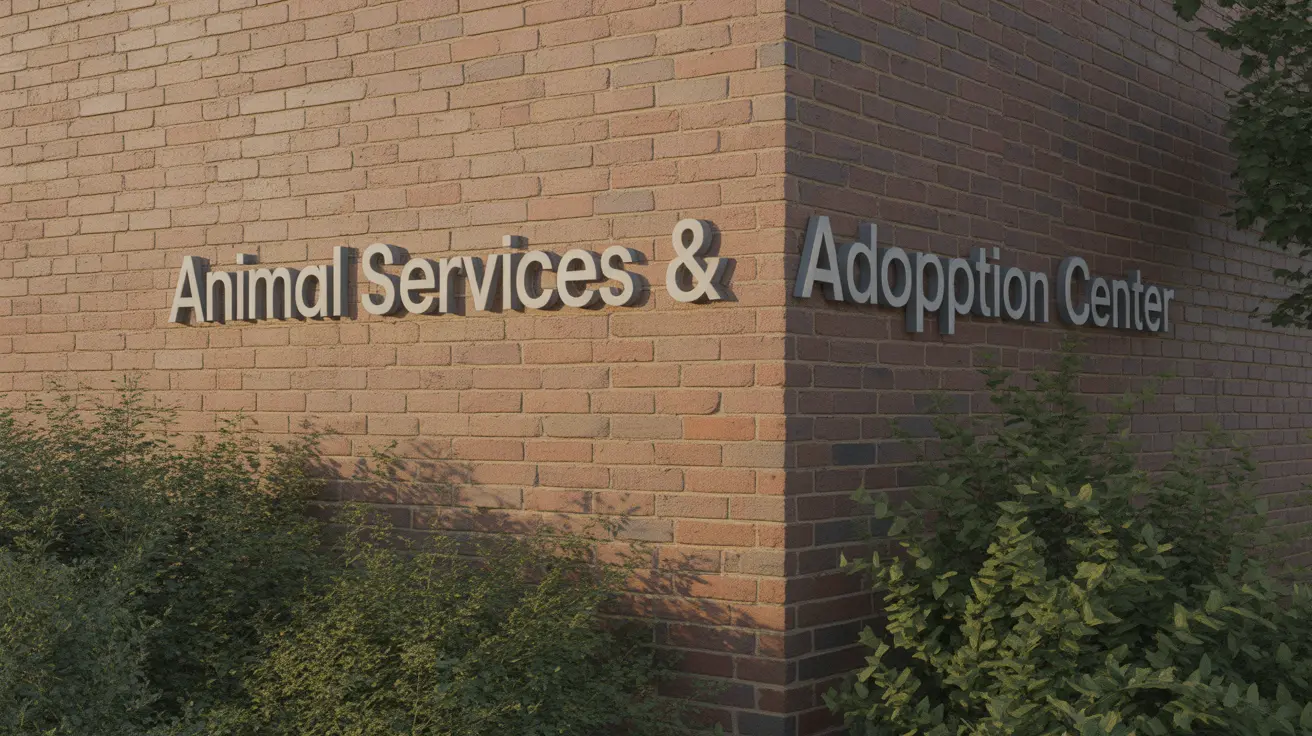Understanding and Managing Persistent Sneezing in Dogs
Dogs sneeze much like humans do, and while it's often harmless, frequent or persistent sneezing may indicate something more serious. Knowing the potential causes and when to seek veterinary care helps keep your furry companion healthy and comfortable.
Common Causes of Sneezing in Dogs
- Environmental Irritants: Dust, pollen, smoke, cleaning products, perfumes, or air fresheners can irritate a dog's sensitive nasal passages and trigger sneezing.
- Allergies: Dogs can suffer from seasonal, environmental, or food allergies. Sneezing from allergies is often accompanied by symptoms such as watery eyes, itchiness, excessive licking, or chewing on body parts.
- Playful Sneezing: Dogs typically do this when they are excited or engaging with others. It's a normal behavior to signal friendliness and is usually nothing to worry about.
- Foreign Objects: Outdoor-loving dogs can get debris such as grass seeds, dirt, or tiny particles lodged in their nose. This often results in sudden and repeated sneezing and may require veterinary removal, especially if nasal discharge or discomfort is evident.
- Infections: Bacterial, viral, and fungal infections can affect the respiratory tract. These are usually accompanied by colored nasal discharge, coughing, wheezing, appetite loss, or facial swelling.
- Dental Issues: Infected or abscessed upper teeth can extend into the nasal cavity, prompting sneezing and sometimes resulting in bad breath or facial discomfort.
- Nasal Mites: Although rare, nasal mites irritate the nasal lining and can cause intense sneezing, discharge, and head shaking.
- Tumors or Polyps: These are uncommon but more likely in older dogs. Symptoms include persistent, often one-sided sneezing, blood-tinged discharge, and possible facial deformation.
- Reverse Sneezing: Especially common in brachycephalic breeds (e.g., Bulldogs, Pugs), this reflex involves rapid inhalation through the nose that may sound alarming. It is usually brief and harmless.
When to See a Veterinarian
While occasional sneezing isn't cause for concern, the following symptoms warrant professional evaluation:
- Persistent or violent sneezing
- Sneezing with thick, colored, or bloody discharge
- Pawing at the face or signs of nasal discomfort
- Facial swelling or pain
- General illness: coughing, lethargy, loss of appetite, fever
- Unusual or prolonged episodes of reverse sneezing
Diagnosis and Treatment
A veterinarian will typically begin with a thorough history and physical exam, focusing on your dog's nose, mouth, eyes, and respiratory system. Additional diagnostics might include:
- Blood tests
- Imaging such as X-rays, CT, or MRI
- Nasal endoscopy (rhinoscopy)
- Biopsy or nasal flushing
Treatment will depend on the cause:
- Irritants/Allergens: Remove the source of irritation; medication may be needed for allergies.
- Infections: Require antibiotics, antifungals, or antivirals.
- Dental disease: Treated with dental cleaning or extractions.
- Foreign bodies: May require removal by a vet.
- Parasites or tumors: Require specific medications or surgical intervention.
Prevention Tips
- Limit exposure to strong odors and chemicals
- Check your dog’s nose after outdoor activities
- Provide regular dental care
- Schedule routine veterinary checkups
Conclusion: Occasional sneezing is often harmless, especially during play or after exposure to a mild irritant. However, persistent, severe, or symptomatic sneezing should never be ignored. Prompt veterinary evaluation ensures early diagnosis and effective treatment, helping your dog breathe easy and stay healthy.





